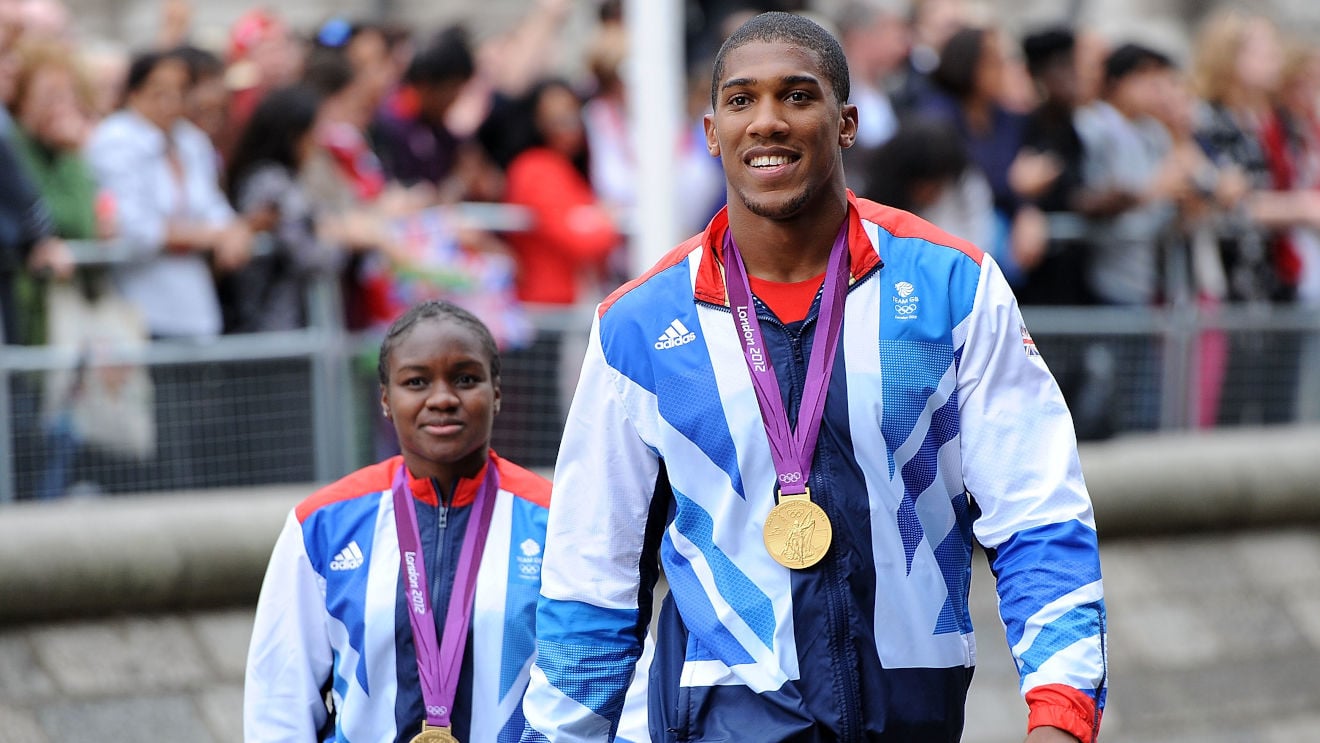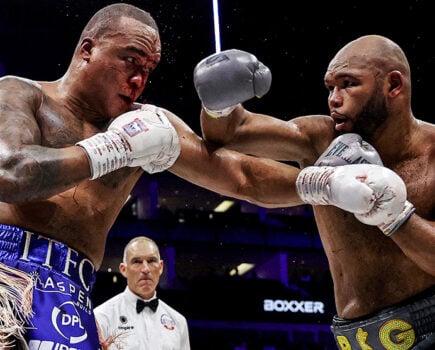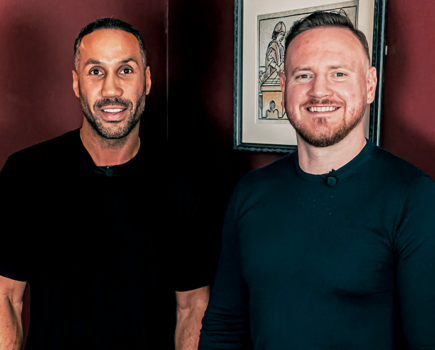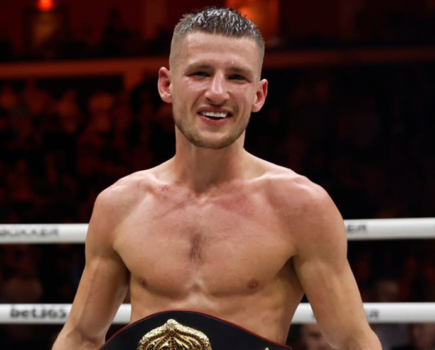By Steve Bunce
IN the last days before the first bell at the London Olympics, hope, expectation and the scent of desperation were in the air.
The GB team for the Olympics in 2012 had won 21 major medals at either the European or World championships before the London games started. Just let that sink in.
What a special team it was and it was under pressure. And it showed; the expectation was immense and that was, trust me, something new for GB boxers to deal with. It was my third Olympics and for the first time there was bold talk of four or even five medals.
In the year or so before the first bell sounded at the Olympics, the men and women had reached five finals at the World Championships. Savannah Marshall had won gold; she arrived in London as the number one seed and heavy favourite. That, for Sav, was a weight she never needed and the burden was obvious.
Anthony Joshua was a boy of just 22, a silver medal winner at the World champs in Baku, but a loser by stoppage at the Europeans. He still had limited international experience. Luke Campbell had won a European title in 2008 and also lost in the final in Baku.
Campbell’s European gold was the first by an English boxer since Frankie Taylor in 1961 in Belgrade. Fred Evans, the forgotten man in the squad, had won a gold medal at the European championship in Turkey in 2011. They had great form, but picking those three as finalists was a mighty bet.
Picking Marshall and Nicola Adams to reach the final was a far safer choice; Adams had lost three times in the World championship final, and Marshall had beaten Claressa Shields to win gold earlier that year in China. However, the Olympic boxing tournament is long, hard and never simple. The pressure mounts at the final training camp and at the holding camp and then on arrival in the village. There is, remember, boxing on day one and boxing on the 16th and last day.
It was certainly not a simple road to London. Callum Smith, Charlie Edwards and Joe Cordina had failed at the Olympic qualifier in Turkey in April. Also, the eight-man squad from Beijing had all turned professional. The GB squad in Sheffield was a centre of excellence and that made the difference – it meant that the boxers were in permanent training camps. Robert McCracken was in charge of his first Olympics and that was often overlooked; he had a lot to prove and a lot of pressure to deal with. Expectation is often unreasonable in our game.
“Don’t define me by my medals, but by how I live my life,” Katie Taylor said before her first bout and that is a bout that will forever remain one of my secret Olympic pleasures. The noise and the fans; Taylor beat Natasha Jonas in that first fight, and it was memorable. Taylor won the gold and took control of women’s boxing.
Adams won the first of her two golds. Marshall was the number one seed, but never got started and lost her first contest. There was simply too much pressure for Marshall, who was just 21 that summer.
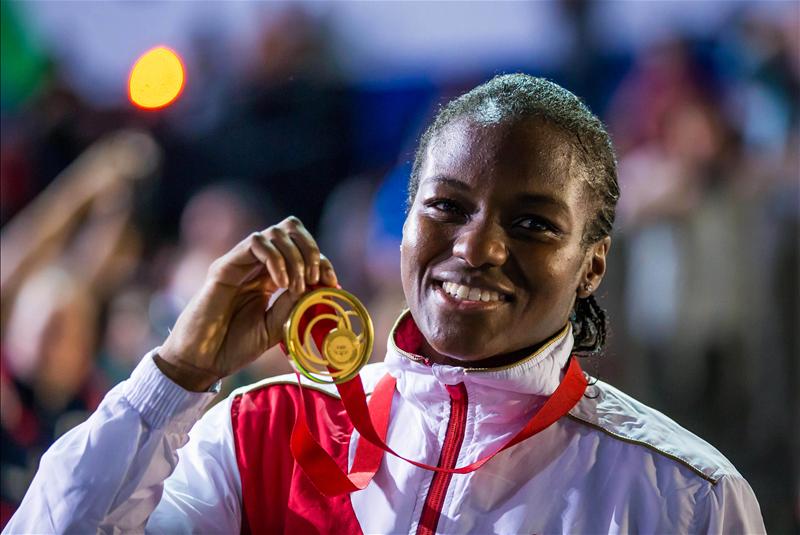
Action Images
There was secret drama in Anthony Ogogo’s life away from the ring. His mother was seriously ill in hospital. In the ring, he beat the number one seed, Ievgen Khytrov, and got a bronze. He had been running between fights and the intensive care unit.
Thomas Stalker, Andrew Selby and Josh Taylor all fell before the medals. All three were, in my opinion, a good bet for a medal. Some days were ecstatic and other days were gruelling for the GB men and women; the Olympic boxing tournament is brutal, cruel and can also be the greatest moment in a boxer’s life. It is extreme.
Evans reached the final and lost to Serik Sapiyev, who won the Val Barker trophy as the best boxer at the Olympics. Evans won four times, beat the number one seed in the semi-final. That was a great day. Evans fell away soon after the Olympics, his vanishing still a wild mystery and his struggles so painfully clear. He fought eight times as a professional, winning seven and the last was in 2020. It’s hard to invent. Evans, incidentally, was just a kid of 21 in London.
Campbell was the number three seed and had to win four times for his gold medal. Nicola also had gold, Evans the silver, Ogogo a fantastic bronze and then it was the big lad. Anthony Joshua took control of the Excel South Arena 2 – that crowd wanted him to win. It was the birth of AJ Fever.
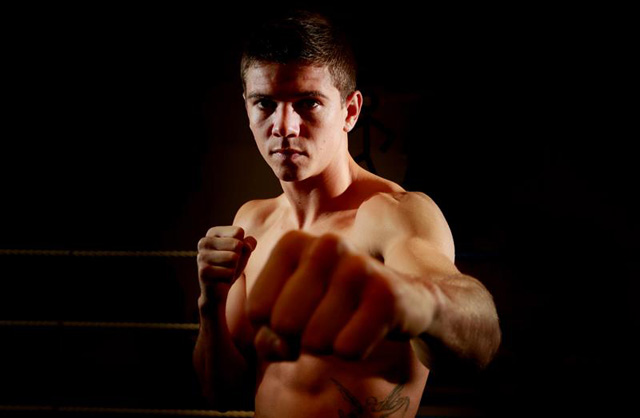
Campbell has the fight of his life Action Images
It was never going to be easy for AJ and it was not – it was savage from the first fight until the last. He won four times, and they were all hard in different ways. Too much is said by people who know too little in a bid – now in its 12th year – to discredit what Joshua did in that prized ring and the intense scrutiny that he was under.
He beat a quartet of men, and all were capable of winning the gold medal. Roberto Cammarelle won gold in Beijing four years earlier, Zhilei Zhang won the silver the same year and the Cuban, Erislandy Savon, was younger than Joshua and the World youth champion. Joshua just kept winning wars and the scores were tight.
There was a moment when Jonas came up to my Five Live commentary position and Lennox Lewis took her picture. She sat with us for a bit, and I remember watching her and I could see that she was running it all over in her head. She had boxed a few days earlier, she was an Olympian and that never, ever changes.

